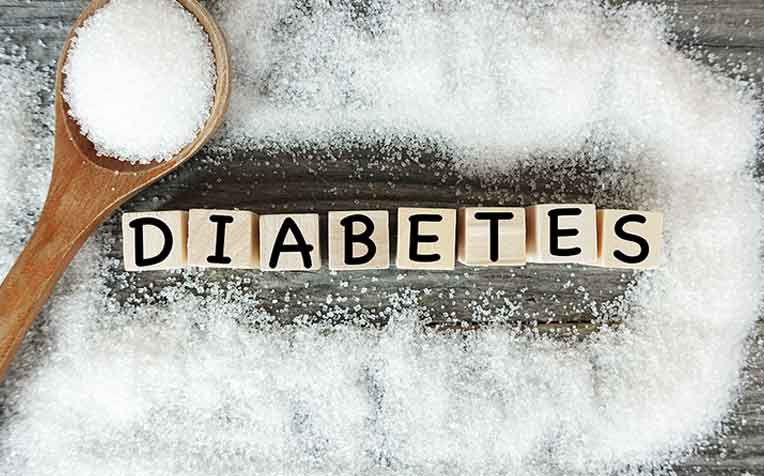
The
Department of Endocrinology at
Singapore General Hospital (SGH), a member of the
SingHealth group, debunks common misconceptions about diabetes. (iStock photo)
Public awareness of diabetes may have increased over the years, but some misconceptions still remain.
Related article:
Prediabetes – What is it and how to know if you have it
The most common misconceptions of diabetes are:
MYTH 1: Consuming a lot of sugar leads to diabetes
FACT: Sugar is a type of carbohydrate and carbohydrates are the body's main source of energy. Consuming carbohydrates alone does not lead to Type 2 diabetes.
Excessive calorie intake puts people at greater risk of Type 2 diabetes, leading to weight gain and increased resistance to insulin. It is important to have a healthy diet and exercise portion control.
Type 1 diabetes is not caused by lifestyle factors, though it is important to maintain a healthy lifestyle in order to better manage it.
Related article: Healthy diet tips for people with diabetes
MYTH 2: People with diabetes must avoid simple sugars such as glucose
FACT: Again, sugars are carbohydrates, which make up about half of the macronutrients in our diet (the other half being fat and protein).
People with diabetes still need carbohydrates for energy, although they have to monitor the effects of food on their blood sugar levels.
Knowing the amount of carbohydrates in a dish can help with how much one should eat.
Related article:
Hypoglycaemia (low blood glucose) – What to do when it strikes
MYTH 3: If you need insulin for diabetes, your condition must be poorly controlled
FACT: There are various reasons that people with diabetes need insulin.
In Type 1 diabetes, those who are not able to produce insulin need lifelong insulin replacement.
In Type 2 diabetes, some patients are able to control their glucose levels with tablets. However, insulin production may be insufficient for more severe cases, and thus insulin replacement is necessary.
Related article:
Travelling tips for people with diabetes
--
Articles on
HealthXchange.sg are meant for informational purposes only and cannot replace professional surgical, medical or health advice, examination, diagnosis or treatment.